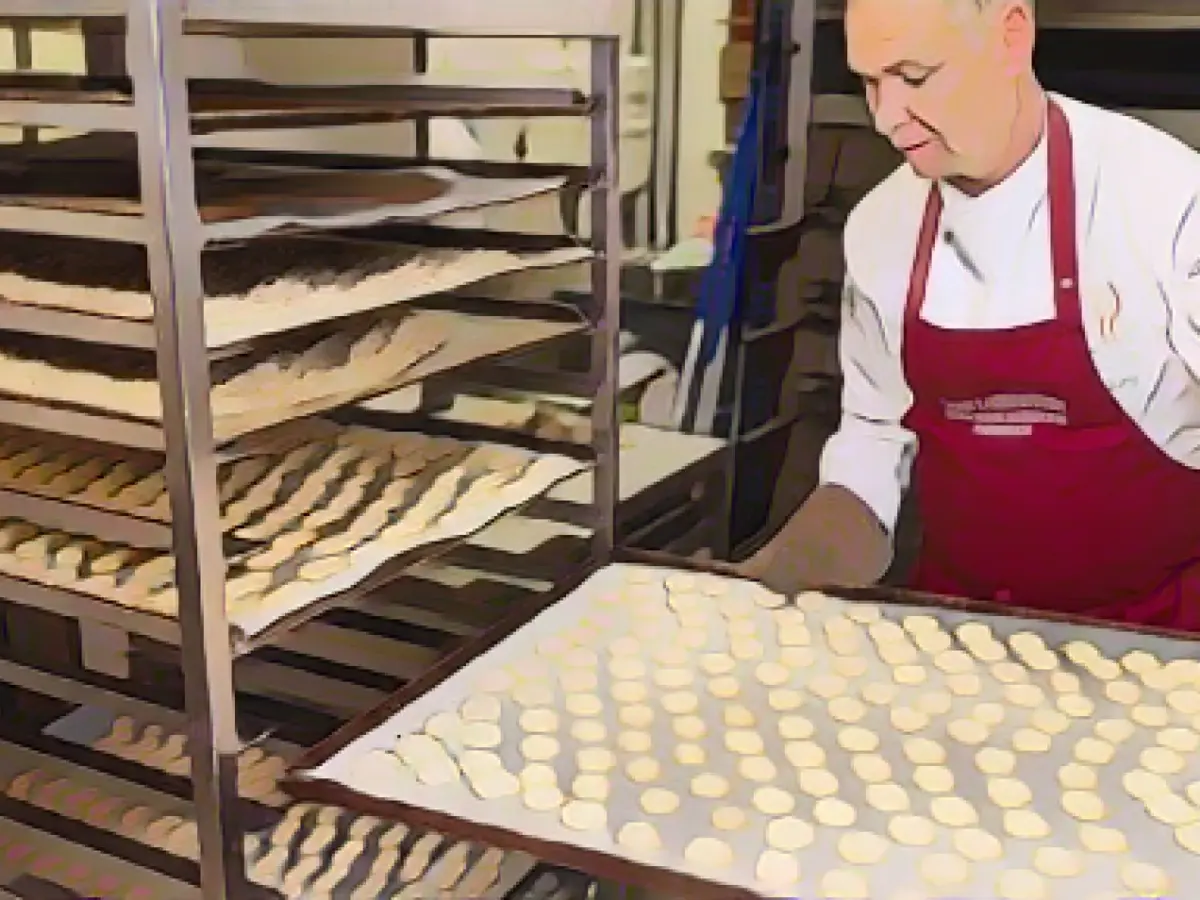Bakeries in Thuringia, Germany, are struggling to stay afloat. Over the past six years, the region has seen a dramatic decrease in the number of bakeries, with around a quarter of businesses vanishing. According to Stefan Lobenstein, President of the Thuringian Crafts Association and a baker in Erfurt, there are now only around 330 craft bakeries left in Thuringia, leaving many communities without a local bakery. This decline is attributed to rising costs of baking ingredients and energy, as well as bureaucratic requirements and a shortage of skilled workers, making it difficult for new generations to take over the family businesses.
The challenges faced by bakeries in Thuringia are not unique to the region. Germany as a whole has been grappling with economic disparities, environmental and energy policies, market competition, regulatory environment, and technological advancements that may impact small businesses like bakeries. These trends may put additional pressure on traditional bakeries in rural areas, causing a shift in consumer preferences towards modern or specialized bakeries.
Despite these challenges, Lobenstein remains optimistic about the future of the bakery trade, believing that the industry can maintain and develop further with new product and sales ideas.
Sources:
Enrichment Data:
- Economic Challenges: The reunification of Germany in 1990 brought significant economic disparities between East and West Germany. The eastern regions, including Thuringia, faced severe economic challenges, including high unemployment and inefficient industries, which could impact local businesses like bakeries.
- Environmental and Energy Policies: Germany's push towards renewable energy and reducing greenhouse gas emissions might influence the operational costs of bakeries, particularly if they rely on traditional energy sources.
- Market Competition: The rise of urbanization and the growth of well-educated, urban demographics might shift consumer preferences towards more modern or specialized bakeries, potentially challenging traditional bakeries in rural areas like Thuringia.
- Regulatory Environment: Labor market reforms and welfare cuts, such as those introduced by the SPD's "Agenda 2010" reforms, could impact the workforce and operational costs for bakeries.
- Technological Advancements: The integration of digital sales channels and agronomic services could influence consumer behavior and market dynamics, potentially affecting traditional bakeries if they fail to adapt to these changes.
For a more specific analysis of the challenges facing bakeries in Thuringia, additional local data and studies would be necessary. The provided sources offer a broader context of German economic and political trends but do not provide detailed insights into the specific challenges faced by bakeries in Thuringia.







